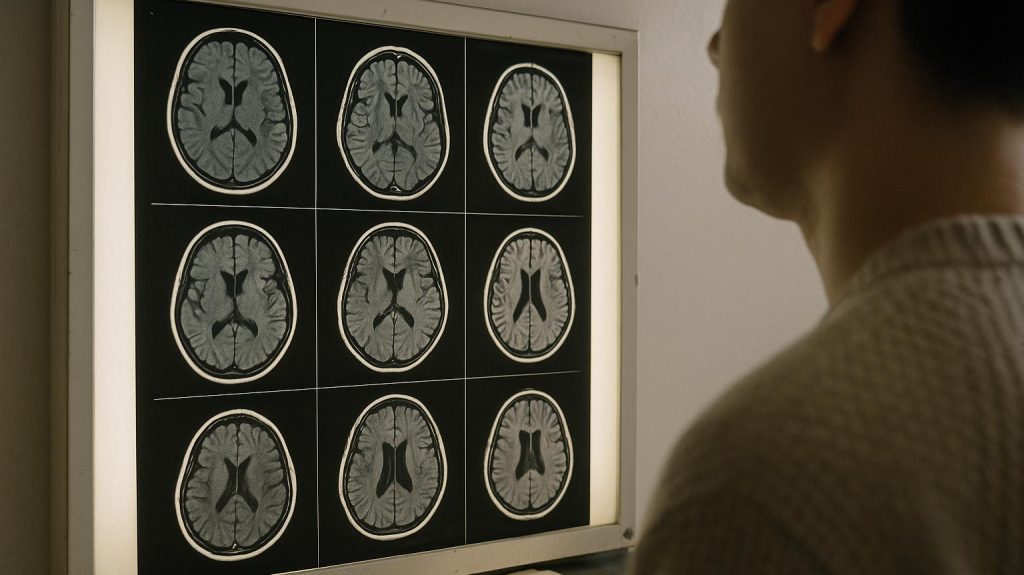Local researchers at Western University are making waves in the medical community with what they’re calling a potential “cure” for ALS, the devastating neurodegenerative disease that affects thousands of Canadians each year.
The breakthrough has been generating serious buzz online, with Londoners expressing a mix of cautious optimism and genuine excitement about the possibility of finally tackling this brutal illness. ALS, also known as Lou Gehrig’s disease, typically gives patients just two to five years to live after diagnosis.
While the research team is being careful not to overpromise, the use of the word “cure” – even in quotation marks – represents a significant shift in how medical professionals are talking about ALS treatment. Historically, this has been a disease with virtually no effective treatments, making any potential breakthrough feel monumental.
The timing couldn’t be more poignant for many locals who have watched loved ones battle this unforgiving disease. One community member shared their personal connection to the research, revealing they had lost a co-worker to ALS just a few years ago – someone who was only in their early 40s when the disease took hold.
What makes this particular development so intriguing is that it’s happening right here in our backyard. Western University has long been recognized for its medical research capabilities, but having potentially game-changing ALS research emerge from London feels especially meaningful for residents who’ve been touched by this disease.
The reality check? Human trials are still years away. This isn’t the kind of medical breakthrough where patients can expect immediate relief or treatment options. Medical research, especially for complex neurological conditions like ALS, moves at a deliberately slow pace to ensure safety and efficacy.
But for families currently dealing with ALS diagnoses, even the prospect of future treatment options represents hope that simply didn’t exist before. The disease has been notoriously difficult to treat, with most interventions focusing on managing symptoms rather than addressing the underlying condition.
Local online discussions have been reflecting the complex emotions surrounding this news. Some community members are urging caution about getting too excited too early, particularly those who have personal experience with the disease and understand how often medical “breakthroughs” fail to materialize into actual treatments.
Others are choosing to embrace the optimism, with some even referencing the viral Ice Bucket Challenge from a few years back, joking that “the ice buckets worked!” The campaign raised unprecedented awareness and funding for ALS research, so seeing potential results emerging feels like validation of those efforts.
The Western University research represents the kind of local innovation that could have global implications. ALS affects people worldwide, and any breakthrough developed here in London could eventually help patients across Canada and beyond.
For now, the research community and families affected by ALS are watching closely as this work progresses through the lengthy process of moving from laboratory discovery to potential human treatment. The road ahead remains long, but for the first time in years, there’s genuine reason for hope.
The research has been gaining attention on social media platforms including Reddit, where local residents have been sharing their thoughts and personal connections to the disease.

